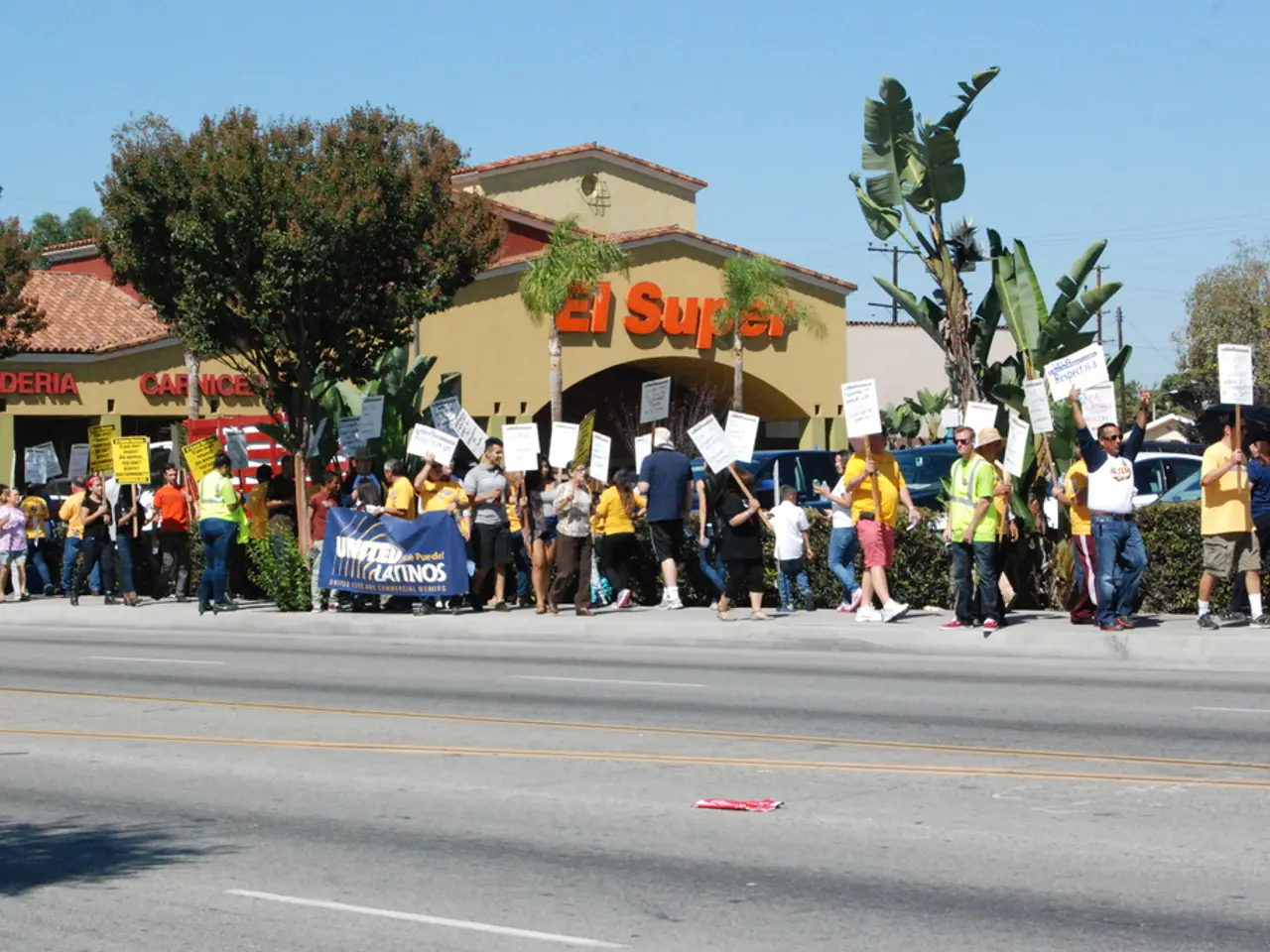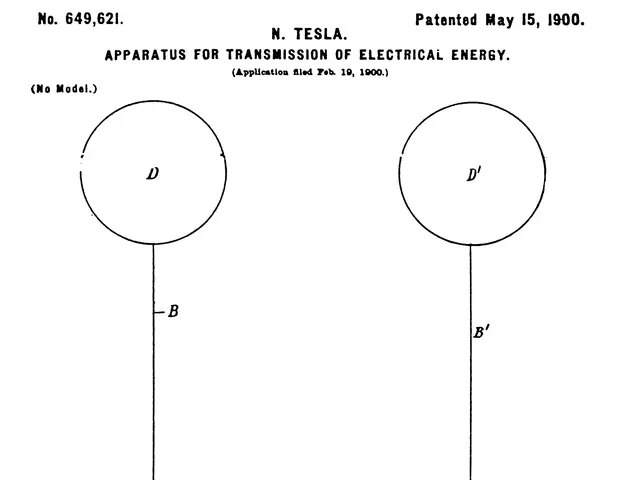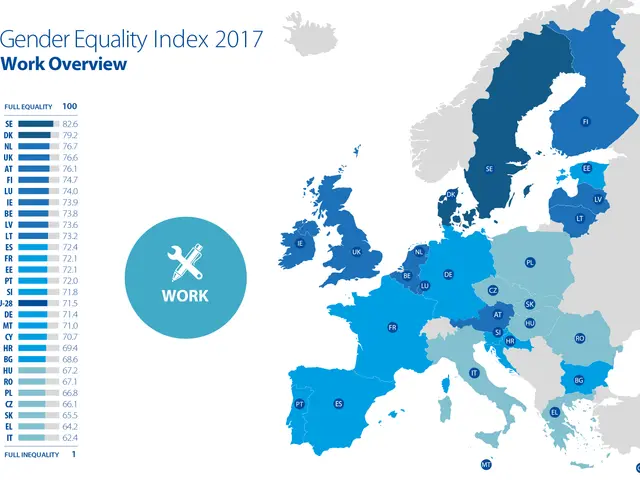Comparison of Political Parties' Housing Policies for the 2024 General Election
In the upcoming elections, various political parties in the United Kingdom have put forth plans to revamp the housing and realtor sectors. Here's a breakdown of the key proposals:
The Liberal Democrats have pledged to reform the Land Compensation Act 1961, basing land purchases on current use rather than speculative values. They also plan to restrict the number of second homes and holiday lets, prioritising housing for locals, and allow councils to purchase land for housing developments. Furthermore, the Liberal Democrats promise to raise standards for all new homes, ensuring they are energy-efficient, carbon-neutral, and built to a high standard. They aim to build 380,000 homes a year across the UK through new garden cities and community-led developments.
The Green Party shares a similar vision, advocating for new builds to meet Passivhaus standards and investing in refurbishing existing buildings to reduce demolition and new construction. They also plan to revise building regulations to account for the carbon footprint of construction and propose increasing the number of bungalows for the ageing population by aligning the planning system with local needs.
The Greens aim to ensure new planning designs incorporate ecologically sustainable storm water and flood prevention measures. They also plan to update the planning system that favours large developers who prioritise profit over community needs.
The Labour Party, under Keir Starmer, has announced plans to build 1.5 million houses if elected. However, specific reform proposals regarding brownfield redevelopment, planning reforms, or sustainable housing promotion were not found in the current sources. They have promised to reform planning laws and bring back mandatory housing targets.
The Conservative Party has plans to deliver record numbers of new homes on brownfield land through planning reforms. They aim to abolish nutrient neutrality rules and lift Section 106 burdens. The party also plans to give local communities more control over the design of new homes through design codes and permanently increase the Stamp Duty threshold for first-time buyers to £425,000. To further support first-time buyers, they will introduce a new Help to Buy scheme offering an equity loan of up to 20% for new build homes.
Plaid Cymru claims Local Development Plans will not be imposed on local planning authorities without their support. They also plan to update the planning system to favour developers' interests and increase the number of bungalows for Wales' ageing population.
The Reform Party plans to fast-track planning and provide tax incentives for developing brownfield sites.
It's clear that each party has unique proposals for the housing and realtor sectors, with a common theme of sustainability, community focus, and increased control for local authorities. As the election approaches, it will be interesting to see how these proposals evolve and how they will impact the UK's housing landscape.





